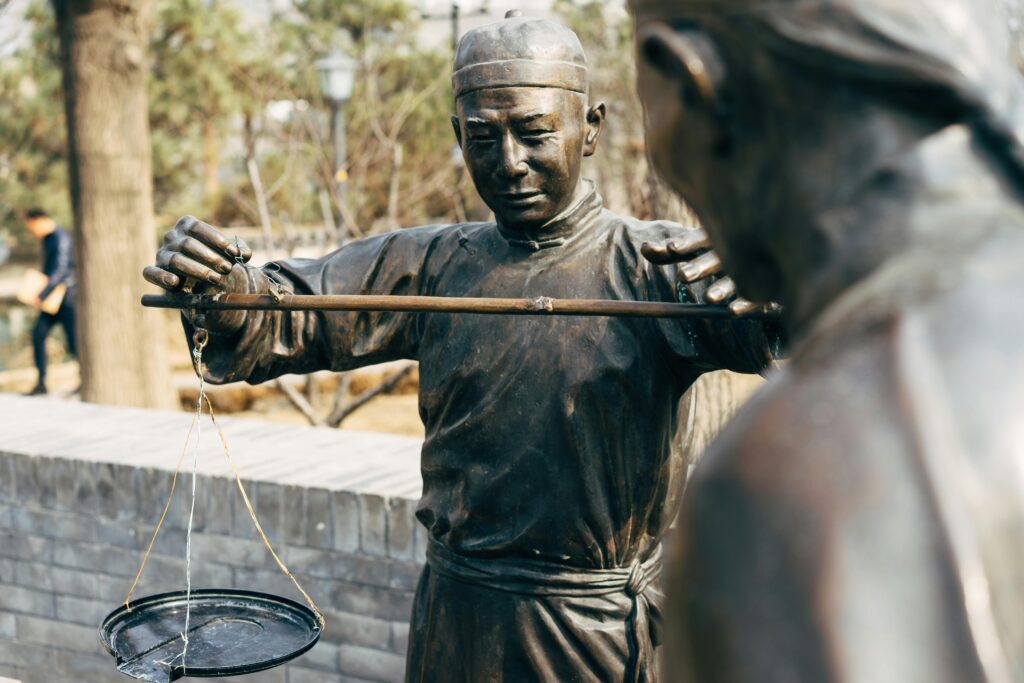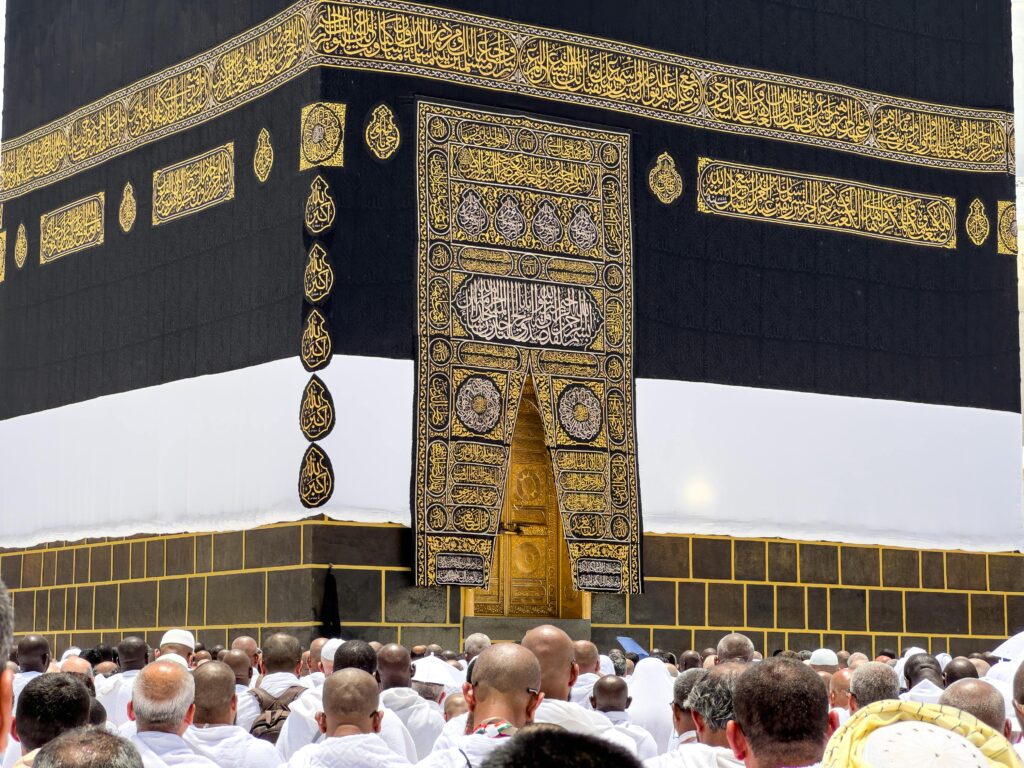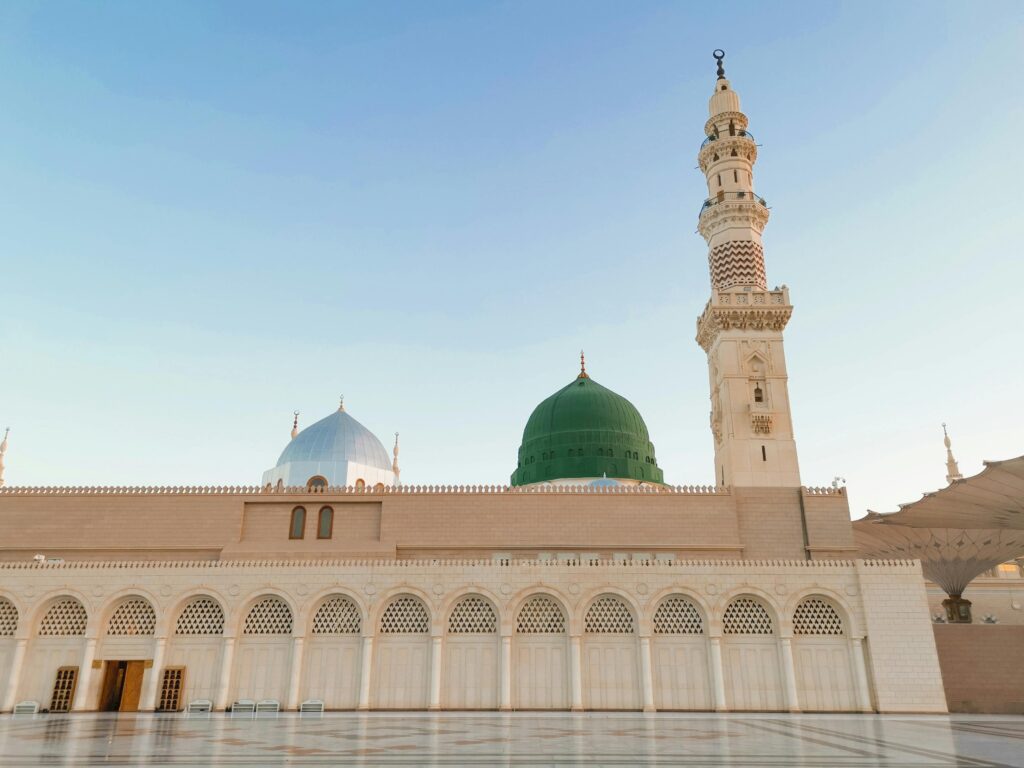Waraqa’s Prophecy: Confirming Muhammad’s Divine Mission in 610 CE. 🕋
In the year 610 CE, the bustling city of Mecca hummed with ancient traditions and growing spiritual questions. Amid this vibrant setting, Muhammad, a respected merchant, sought quiet contemplation in the Cave of Hira. There, he experienced something profound: a powerful encounter that left him shaken, confused, and filled with deep personal crisis. He desperately needed to understand if this intense event was a divine message or a troubling hallucination.
His journey for clarity led him to Waraqa ibn Nawfal, a pivotal figure in this unfolding drama. Waraqa was not just Khadijah’s cousin; he was a highly respected Christian scholar. His extensive knowledge of earlier scriptures, including the Torah and the Gospels, placed him in a unique position. He could interpret the extraordinary events Muhammad described through the lens of divine history.
This article explores Waraqa’s vital role. His testimony stands as a critical early confirmation of Muhammad’s divine mission. It powerfully drew parallels to earlier prophetic traditions, helping solidify the nascent faith’s foundation.
The First Revelation and Muhammad’s Initial Doubt. 🕋
The Encounter in Hira.
Muhammad often retreated to the solitude of the Cave of Hira, just outside Mecca. One night, a mighty figure appeared to him. This being commanded Muhammad, “Read!” Muhammad, however, could not read. He responded, “I am not a reader.” The command repeated with intense pressure, leaving Muhammad feeling as if he might suffocate.
The angel then recited the first verses of what would become the Quran. These verses began, “Read in the name of your Lord who created…” This experience left Muhammad deeply disturbed and trembling. He returned home in a state of great fear and profound confusion.
Seeking Counsel from Khadijah. 🕋
Muhammad rushed back to his home, seeking comfort from his wife, Khadijah. He recounted the terrifying and overwhelming encounter, expressing deep concern for his sanity. Khadijah listened intently to her husband’s distress. She showed unwavering support and immense trust in his character.
Khadijah quickly reassured Muhammad. She reminded him of his honesty, kindness, and strong morals. She recognized the gravity of his experience and understood the need for expert guidance. Her wisdom led her to seek a second opinion from someone deeply knowledgeable in matters of divine texts. This decision pointed them directly to Waraqa ibn Nawfal.
Waraqa ibn Nawfal: A Scholar of Scripture. 🕋
Waraqa’s Background and Knowledge.
Waraqa ibn Nawfal was a notable figure in pre-Islamic Mecca. He belonged to a respected lineage and held a strong reputation for his learning. He had embraced Christianity and possessed a deep understanding of the scriptures. This included the Torah, revealed to Moses, and the Gospels, given to Jesus.
His command of these sacred texts was unusual for the region at that time. While polytheism was common, pockets of monotheistic belief, including Christianity, existed in Arabia. Waraqa had studied these faiths extensively, even translating parts of the Gospels into Arabic.
The Significance of Waraqa’s Expertise. 🕋
Waraqa’s specific knowledge was vital to Muhammad’s situation. He understood the nature of divine revelation and the history of prophets. His familiarity with biblical prophecies allowed him to recognize patterns. He knew how God had communicated with past messengers. This made him uniquely qualified to interpret Muhammad’s extraordinary experience in the cave.
Scholars highlight Waraqa’s role as a prescient figure. He recognized the true signs of prophethood. His deep textual knowledge gave his judgment immense weight. He could discern if the encounter Muhammad described fit the established pattern of divine communication.
Waraqa’s Encounter and Affirmation. 🕋
The Meeting and Muhammad’s Account.
Khadijah brought Muhammad to Waraqa. Muhammad was still shaken but recounted his terrifying experience in the Cave of Hira in detail. He described the appearance of the celestial being and the powerful command to “Read!” He spoke of his fear and uncertainty about what had just happened to him.
Waraqa listened with focused attention. He carefully weighed every word Muhammad spoke. His experienced mind immediately began processing the account through his vast knowledge of prophetic history. He seemed to recognize elements that aligned with divine encounters of the past.
The Prophetic Parallel: Gabriel’s Identity. 🕋
Waraqa’s response was immediate and clear. He asserted that the entity Muhammad encountered was indeed the same angel who had appeared to Moses. This angel was Gabriel, known across Abrahamic traditions as the divine messenger. This assertion forged a direct link. It connected Muhammad’s personal experience to a long, unbroken chain of prophetic continuity.
This identification was crucial. It meant Muhammad’s encounter was not random or delusionary. Instead, it was part of a consistent divine pattern. It aligned with how God had communicated with His chosen prophets throughout history.
Waraqa’s Pronouncement: “This is the Namus”🕋
Waraqa then delivered his definitive pronouncement. He declared, “This is the Namus,” referring to the divine law or secret. He further clarified that this Namus was the same divine spirit that had been revealed to Moses. This statement carried profound implications. It confirmed Muhammad’s experience was a true, divine revelation.
Waraqa expressed his fervent wish. He hoped to live long enough to support Muhammad during the inevitable persecution that prophets face. He firmly believed Muhammad was indeed the Prophet foretold in ancient scriptures. His words provided immediate and powerful confirmation.
The Impact of Waraqa’s Confirmation. 🕋
Validating Muhammad’s Mission.
Waraqa’s endorsement offered immediate validation to Muhammad. It greatly alleviated his initial fear and nagging doubt. The spiritual and psychological relief for Muhammad was immense. He now had external confirmation from a respected, learned scholar. This statement became one of the earliest external testimonies to Muhammad’s prophethood.
This validation went beyond personal reassurance. It anchored Muhammad’s unique experience within a known religious framework. It gave his burgeoning mission a historical and theological basis.
Strengthening the Early Muslim Community. 🕋
Waraqa’s acceptance also lent significant credibility to the message of Islam. His standing as a respected Christian scholar made his pronouncement impactful. It influenced both the general Meccan population and the nascent community of followers. Early converts, like Khadijah, found their faith strengthened by Waraqa’s wisdom.
His validation helped quiet skepticism and provided a sense of legitimacy. It showed that the new message was not foreign but connected to existing traditions. This helped build confidence among those who had begun to follow Muhammad.
Historical Significance in Islamic Scholarship. 🕋
Waraqa’s role is highly regarded in classical Islamic literature. His account is a cornerstone in discussions of the first revelation. Modern scholarship also examines his position. It analyzes the chains of narration, or isnad, that trace back to his words.
His story is recounted across numerous Hadith collections. It highlights his pivotal contribution to the initial acceptance of Islam. His acknowledgment serves as a historical and theological marker. It links the new faith to earlier monotheistic traditions.
Waraqa’s Later Years and Legacy. 🕋
Waraqa’s Fate.
Waraqa ibn Nawfal did not live long after his powerful affirmation of Muhammad’s prophethood. He passed away shortly after the first revelation. He did not witness the full scope of the revelations that would follow. Nor did he experience the intense persecution the early Muslims faced.
His early passing means he did not see Islam spread widely. He also missed the challenges of establishing the new faith in Mecca and Medina. Despite this, his moment of recognition left an enduring mark.
Waraqa’s Place in Islamic Tradition. 🕋
Waraqa holds a unique and revered place in Islamic tradition. He is remembered as a righteous man who possessed profound wisdom. He correctly understood the divine signs presented to him. His legacy is that of a key witness. He affirmed Muhammad’s prophethood based on his deep knowledge of previous scriptures.
His story underlines the continuity of divine revelation. It suggests that sincere seekers of truth from earlier traditions recognized the truth of Islam. Waraqa’s affirmation is a testament to his spiritual insight and dedication.
Conclusion: A Crucial Link in Divine Revelation. 🕋
Waraqa’s encounter with Muhammad provided essential early validation. It bridged Muhammad’s personal spiritual experience with established prophetic traditions. This crucial moment alleviated Muhammad’s initial doubts. It confirmed the divine nature of his momentous encounter.
Waraqa stood in a unique position. He was a knowledgeable Christian scholar. His testimony confirmed Muhammad’s divine mission. This confirmation was vital for Muhammad himself and for the burgeoning early community. His wisdom gave profound weight to the nascent faith.
The enduring significance of Waraqa’s affirmation remains clear. It stands as a foundational moment in Islam’s early history. His prophecy underscored the continuity of God’s message. It provided a powerful early endorsement for the Prophet of Islam.




